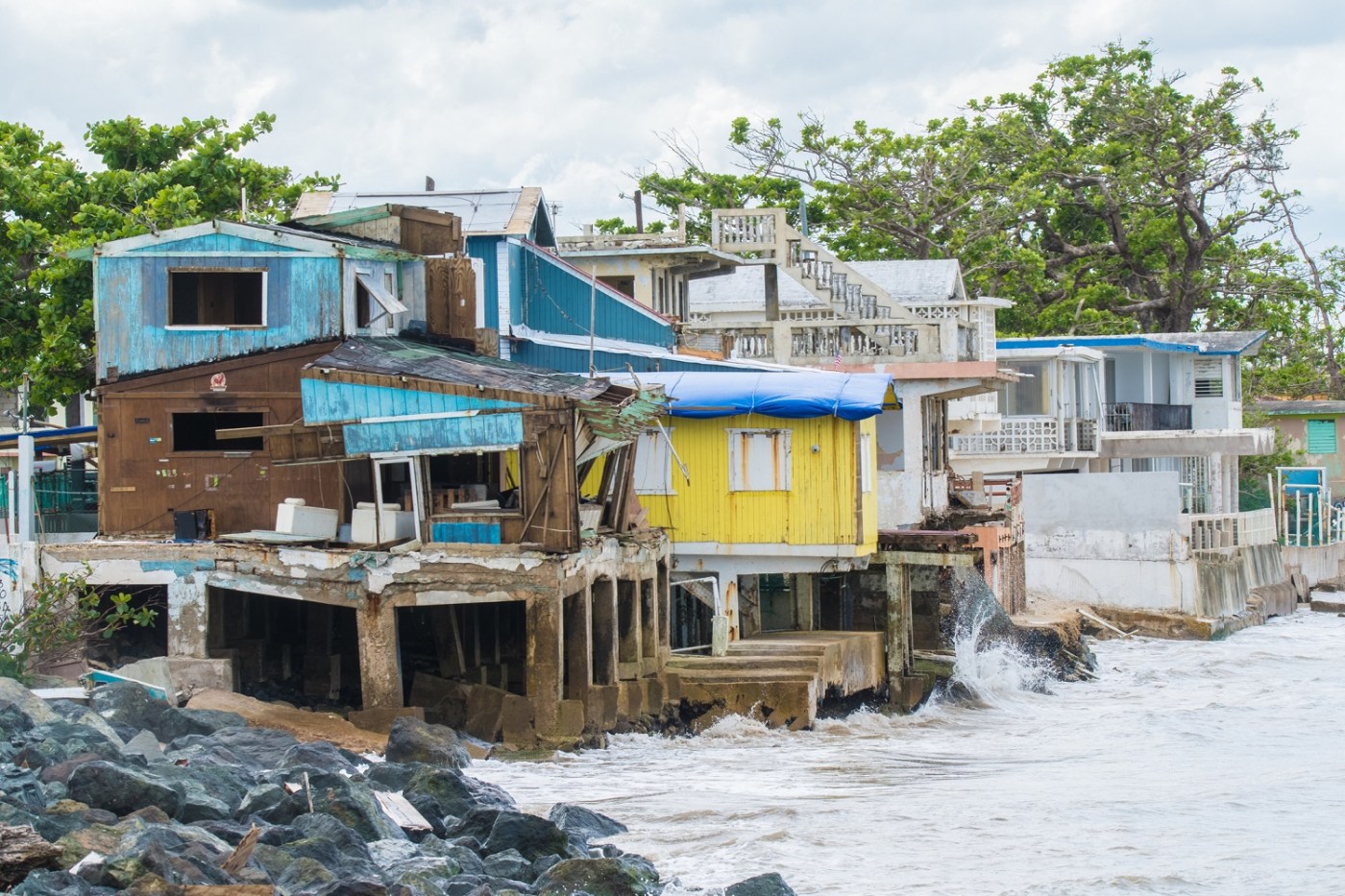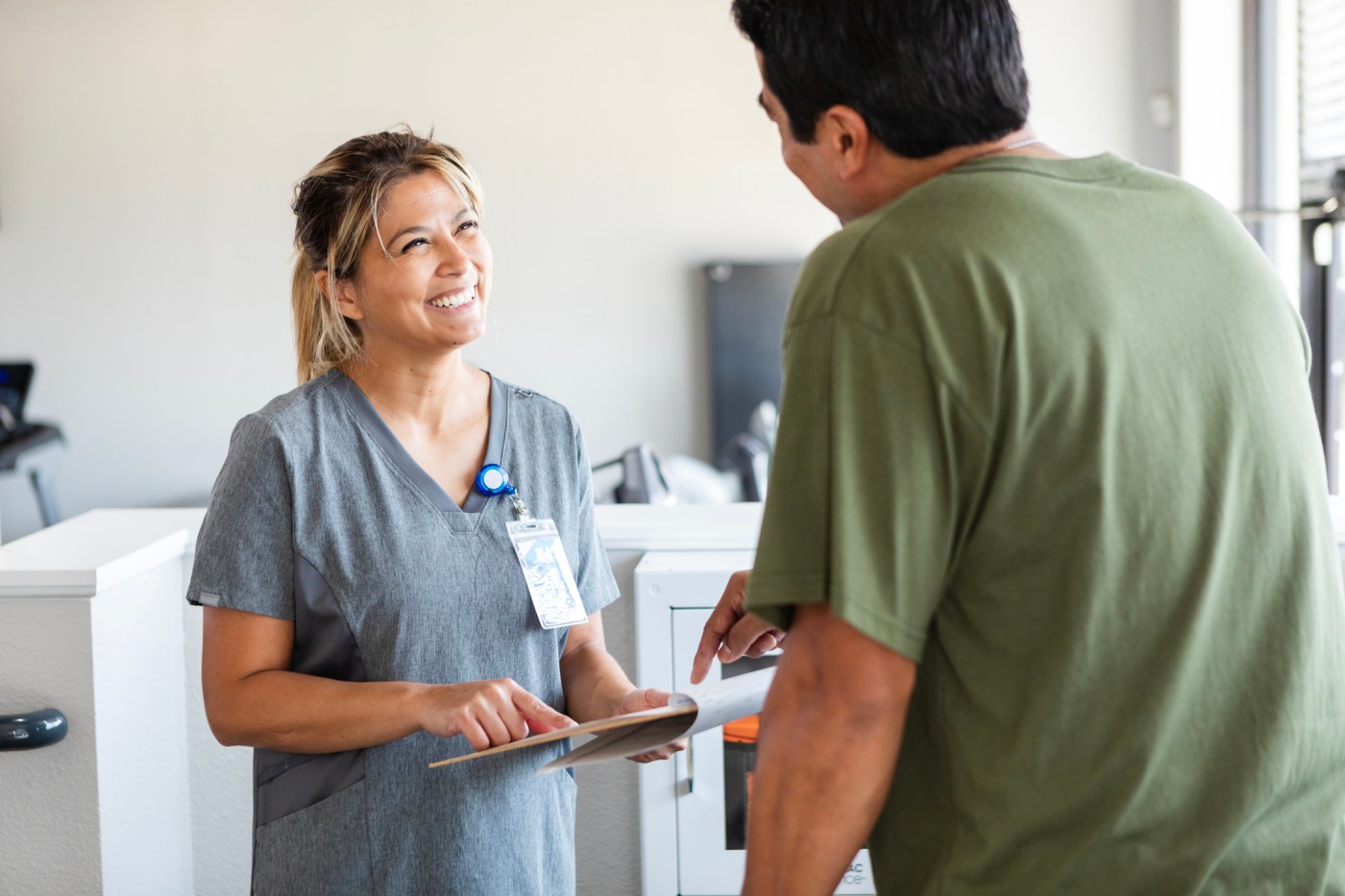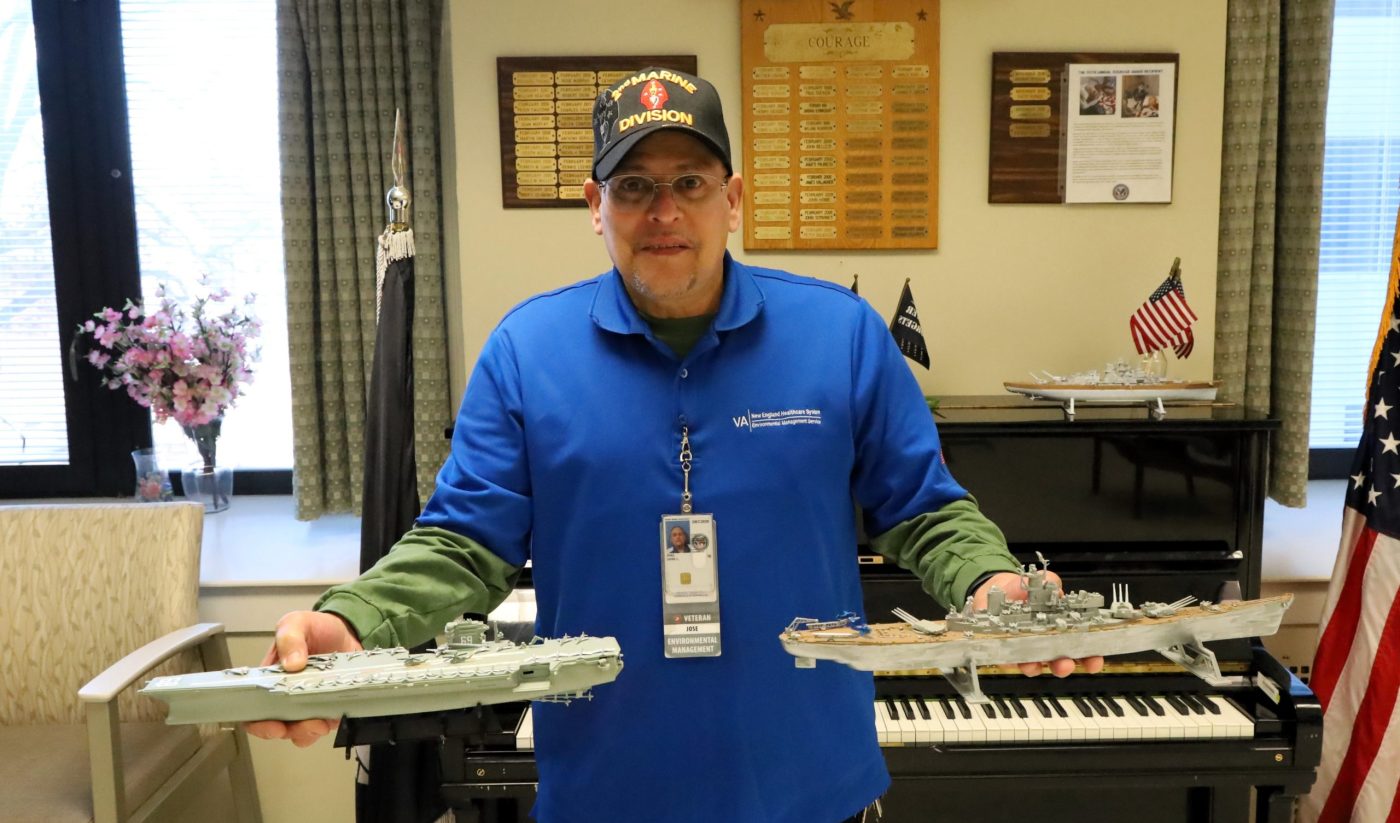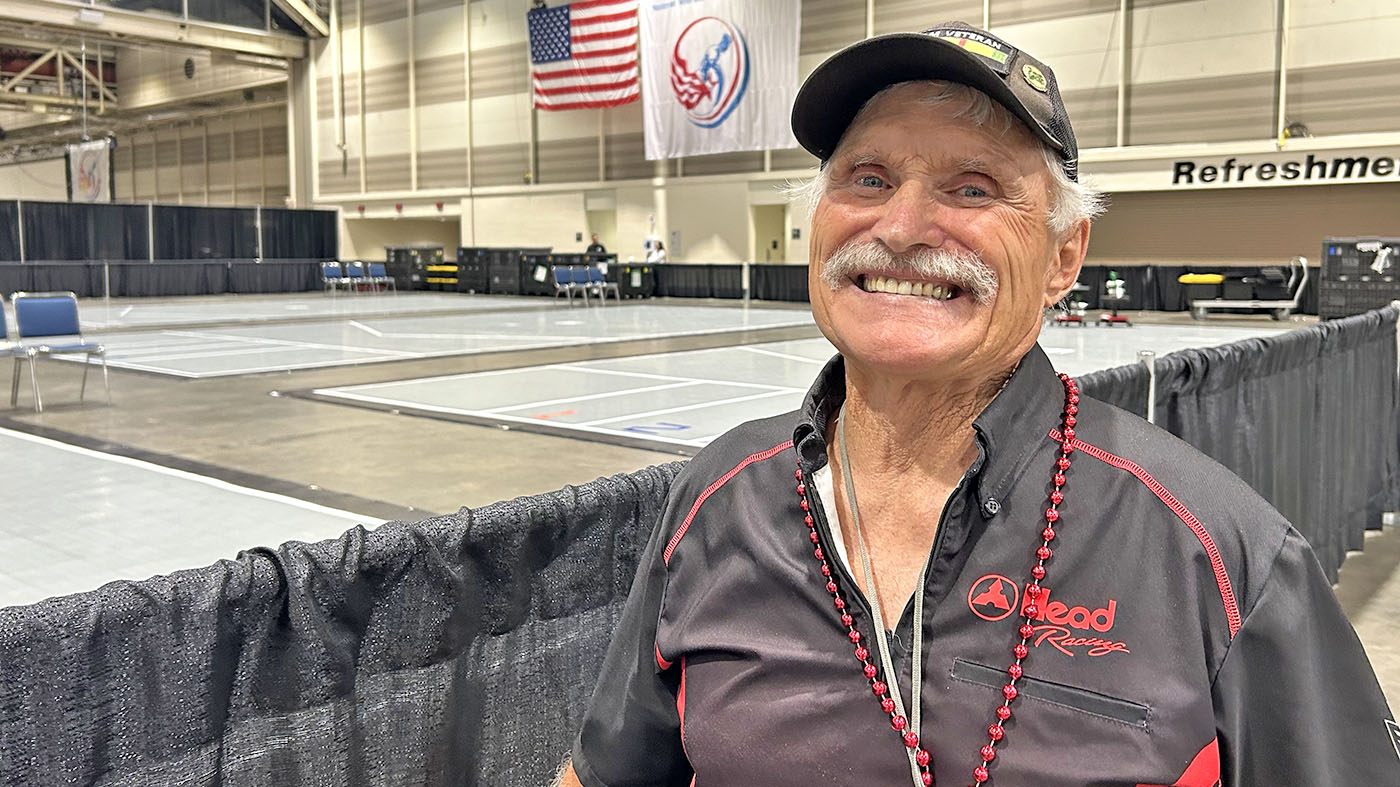For weeks after hurricanes Irma and Maria struck the island of Puerto Rico, Dr. Sarai Ambert-Pompey struggled to reach two of her family members — an uncle who is a Veteran and an aunt who had been sick.
She worried about whether they were alone; whether they were eating; whether they were even still alive. She was concerned about the use of generators — about the burns and carbon monoxide poisoning she had heard about. She sent emails to an outpatient clinic in Guayama, looking for any updates on the city.
A sense of uncertainty weighed heavy over those weeks, especially for Ambert-Pompey. A native of Ponce, Puerto Rico, she now works thousands of miles away in Boise, Idaho, as a VA primary care provider.
But through VA telehealth efforts, Ambert-Pompey quickly found a way to help: She joined a team of volunteers who were tracking down more than 650 high-risk Veterans that VA facilities in Puerto Rico were having trouble contacting. Some of these Veterans had recently been discharged from a psychiatric inpatient unit, others had shown characteristics that signaled a risk for suicide.
“I felt so helpless, being so far away from the island and everything that was going on,” Ambert-Pompey said. “I was taking care of my own patients and just feeling helpless. So being able to do this little, small piece — to give back — it really meant the world to me.”
Telehealth Emergency Response Team in action
Because of connectivity issues, it was easier to make a bulk of the calls from the continental United States rather than from the island itself. So, the Telehealth Emergency Response Team — composed of mental health, nursing, and primary care providers — worked to account for each Veteran’s safety and status while providing supportive therapy, mental health risk assessments, and referrals. The team also helped with medication refills, renewals, and adjustments.
“What I learned from speaking with the Veterans and their family members was the great appreciation that they had for a system of health care that was very interested in knowing their well-being, and knowing that they were safe,” said Edward Koch, virtual care lead, who participated in the efforts. “I spoke to a number of family members who became quite emotional. … It was a very moving experience.”
Telehealth appointments after Texas hurricane
Last August, as Texas faced catastrophic flooding in the wake of Hurricane Harvey, VA incorporated telehealth into its emergency response along with its efforts to provide shelter, food, medicine, and other critical services. In that case, remote clinicians used video technology to hold virtual health care appointments with Veterans.
The emergency outreach continued after hurricanes Irma and Maria hit Puerto Rico. Some Veterans were dealing with electrical outages, but the larger concern was a lack of access to clean water. There were stories of some Veterans having to walk miles to find drinkable water.
“It was humbling to know that in the blink of an eye things can change very quickly for people,” Koch said.
“When I lived on the island, I went through several hurricanes,” Ambert-Pompey said, “and nothing, nothing, compared to what these hurricanes this past year did. Nothing compares to that. People, you know, you called them and you’re asking for their well-being, and they’re asking for water. They’re asking for food.”
1000 messages, 500 mental health charts
Over a three-week period in October, the team members left close to 1,000 messages, including about 500 messages that shared local mental health resources. They reviewed more than 500 charts, spoke directly to 72 Veterans, and refilled prescriptions for 11 Veterans.
During morning huddles, Ambert-Pompey provided cultural insights for the team. If someone was having trouble reaching a Veteran, for example, she might point out that the Veteran was located in one of the mountainous areas, which were hit harder by the hurricanes. In addition, the team collaborated with contract VA translation services to increase the efficiency of their work together. Training was also offered for team members with less experience in discussing and addressing mental health concerns.
Eventually, Ambert-Pompey and her family were able to locate both her uncle, Army Veteran Melvin B. Rodriguez, and her aunt. She took some comfort in their safety and in the stories of other Veterans.
Topics in this story
More Stories
One strategy credited for the improvement is a focus on building trust and stronger patient-provider relationships.
Army and Marine Corps Veteran started making models after being hospitalized at Connecticut VA.
Veteran Hank Ebert is a bit of a superstar in the National Veterans Wheelchair Games. He has been attending since 1993.








this is the first I ever heard about this program they never tried contacting me I can never get through to them worthless VA
Great to hear the exceptional job VA did here in Puerto Rico. I was not awared.The hurricanes did not harmed me, thanks God. I am a USAF retired officer.